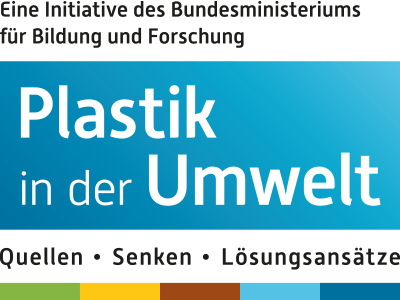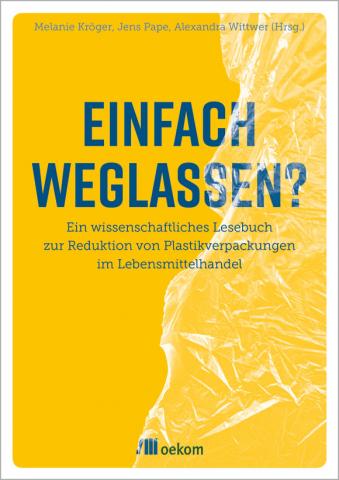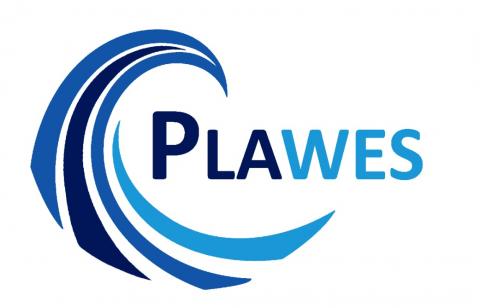Factsheet 2: Valuable waste plastic - Floating recycling plant recovers plastics before they enter the sea
In this factsheet, joint project KuWert shows how plastic recycling can be profitable. The research team developed a floating recycling platform, mobile and independent of local structures. The system was tested in coastal cities in West Africa, where a lot of plastic ends up in the sea.





